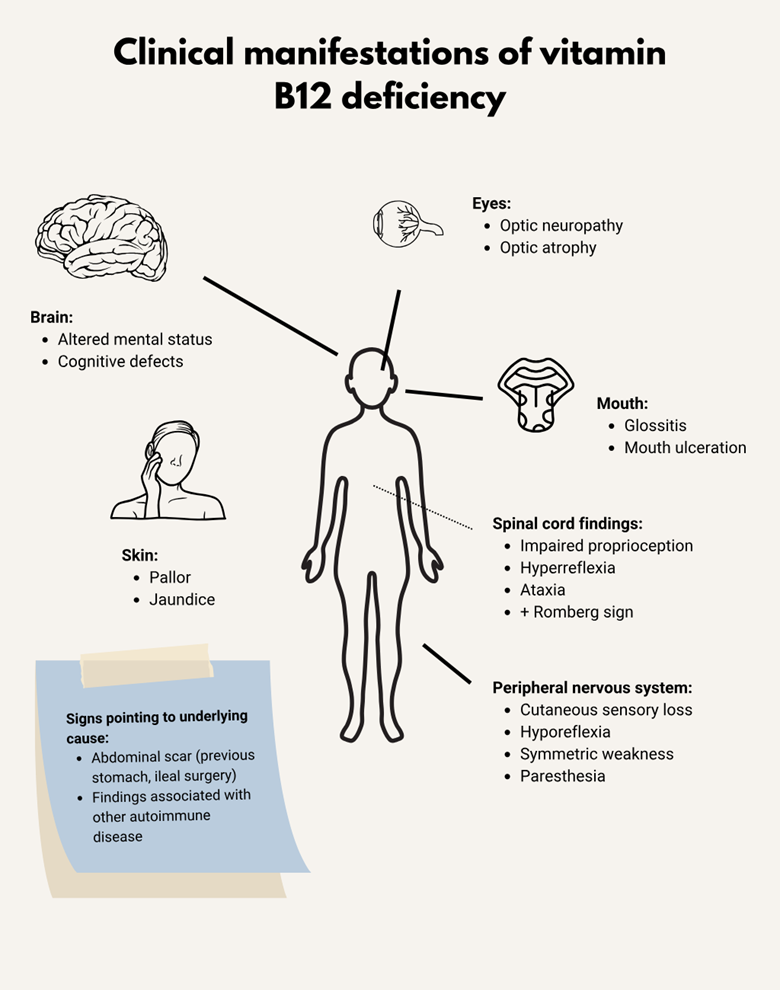A nursing instructor is evaluating a student caring for a neutropenic client. The instructor concludes that the nursing student demonstrates accurate knowledge of neutropenia based on which of the following interventions?
Monitoring the patient's breathing and reviewing the patients arterial blood gases
Monitoring the patient's temperature and reviewing the patient's complete blood count with differential
Monitoring the patients blood pressure and reviewing the patient's hematocrit
Monitoring the patient's heart rate and reviewing the patient's hemoglobin
The Correct Answer is B
A. Monitoring the patient's breathing and reviewing the patient's arterial blood gases:
Rationale: While respiratory status is crucial in any patient assessment, arterial blood gases primarily evaluate respiratory function. Neutropenia directly affects the immune system, not respiratory function.
Appropriateness: Not directly related to assessing neutropenia.
B. Monitoring the patient's temperature and reviewing the patient's complete blood count with differential:
Rationale: Neutropenia can cause fever due to the increased risk of infection. Monitoring temperature and reviewing the complete blood count (CBC) with differential, specifically the neutrophil count, is essential in evaluating neutropenia and identifying potential infections.
Appropriateness: Correct. Monitoring temperature and reviewing CBC with differential are crucial in assessing neutropenia.
C. Monitoring the patient's blood pressure and reviewing the patient's hematocrit:
Rationale: Blood pressure assessment and hematocrit evaluation are essential aspects of general patient care but are not specific to neutropenia.
Appropriateness: Not directly related to assessing neutropenia.
D. Monitoring the patient's heart rate and reviewing the patient's hemoglobin:
Rationale: Heart rate monitoring and hemoglobin assessment are crucial in various clinical situations but are not specific indicators of neutropenia.
Appropriateness: Not directly related to assessing neutropenia.
Nursing Test Bank
Naxlex Comprehensive Predictor Exams
Related Questions
Correct Answer is C
Explanation
A. 15 to 20 g of a fast-acting carbohydrate such as orange juice:
This is a standard and initial treatment for hypoglycemia. Fast-acting carbohydrates, like orange juice or glucose tablets, can quickly raise blood sugar levels. However, in the scenario described, the client is still conscious, and glucagon may be a more appropriate choice.
B. I.V. bolus of dextrose 50%:
Intravenous (IV) dextrose is a more aggressive intervention and is typically reserved for severe cases of hypoglycemia or for unconscious patients. It is not the first-line treatment for conscious patients.
C. I.M. or subcutaneous glucagon:
Glucagon is a hormone that raises blood sugar levels by promoting the conversion of stored glycogen in the liver to glucose. It is administered either intramuscularly (I.M.) or subcutaneously. In a conscious patient with hypoglycemia who cannot take oral carbohydrates, glucagon can be an effective and rapid way to raise blood sugar levels.
D. 10 U of fast-acting insulin:
Administering more insulin in a situation of hypoglycemia would worsen the condition. The goal in hypoglycemia is to raise blood sugar, and giving more insulin would have the opposite effect.
Correct Answer is C
Explanation
A. Vitamin A Deficiency:
Symptoms: Enlarged tongue and smooth, beefy red appearance.
Relevance: Vitamin A deficiency is not typically associated with an enlarged tongue. It is more commonly linked to night blindness and skin issues.
B. Folic Acid Deficiency:
Symptoms: Enlarged tongue and smooth, beefy red appearance.
Relevance: Folic acid deficiency can lead to megaloblastic anemia and glossitis (inflammation of the tongue), which may present as an enlarged, smooth, and red tongue.
C. Vitamin B12 Deficiency:
Symptoms: Enlarged tongue and smooth, beefy red appearance.
Relevance: Vitamin B12 deficiency can cause pernicious anemia and glossitis, resulting in an enlarged, smooth, and red tongue.
D. Vitamin C Deficiency:
Symptoms: Not typically associated with an enlarged tongue.
Relevance: Vitamin C deficiency is more commonly associated with symptoms like scurvy, which includes bleeding gums, joint pain, and skin issues, but not specifically an enlarged tongue.

Whether you are a student looking to ace your exams or a practicing nurse seeking to enhance your expertise , our nursing education contents will empower you with the confidence and competence to make a difference in the lives of patients and become a respected leader in the healthcare field.
Visit Naxlex, invest in your future and unlock endless possibilities with our unparalleled nursing education contents today
Report Wrong Answer on the Current Question
Do you disagree with the answer? If yes, what is your expected answer? Explain.
Kindly be descriptive with the issue you are facing.
